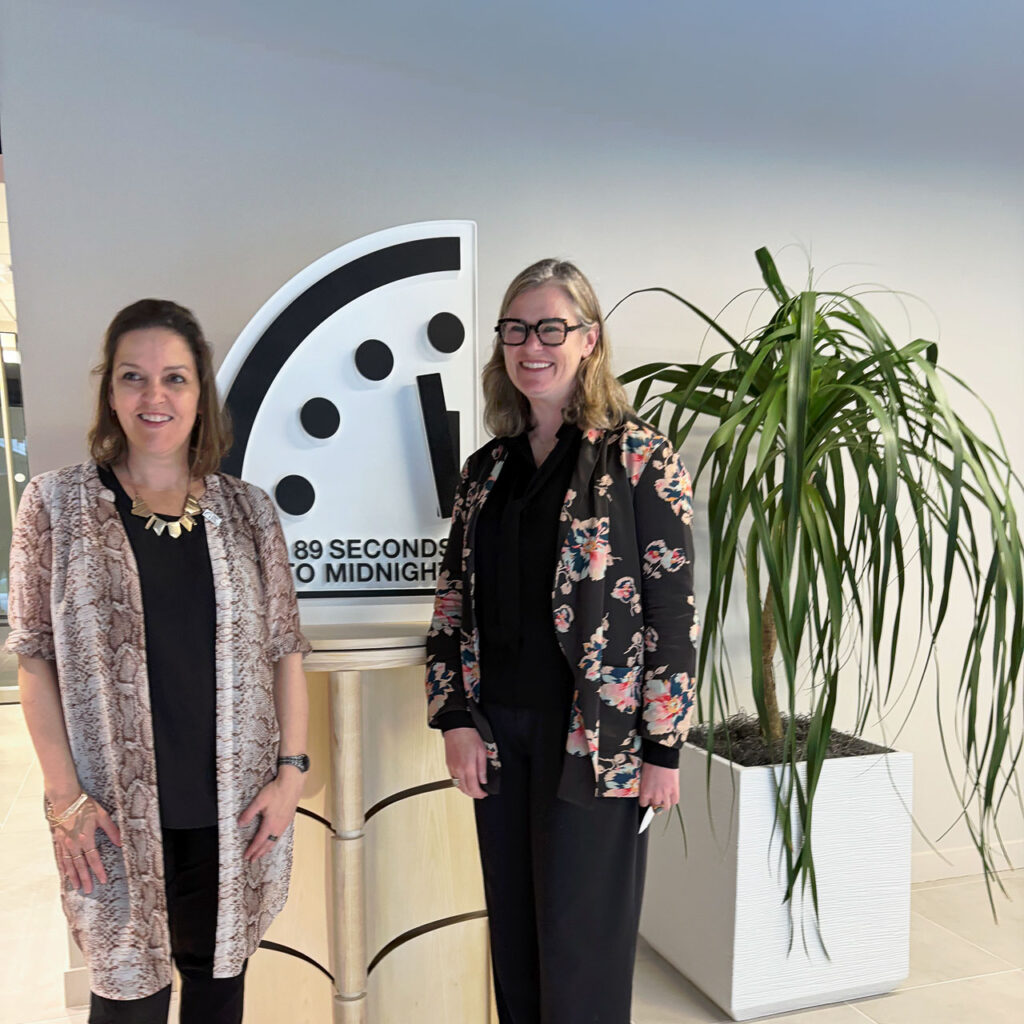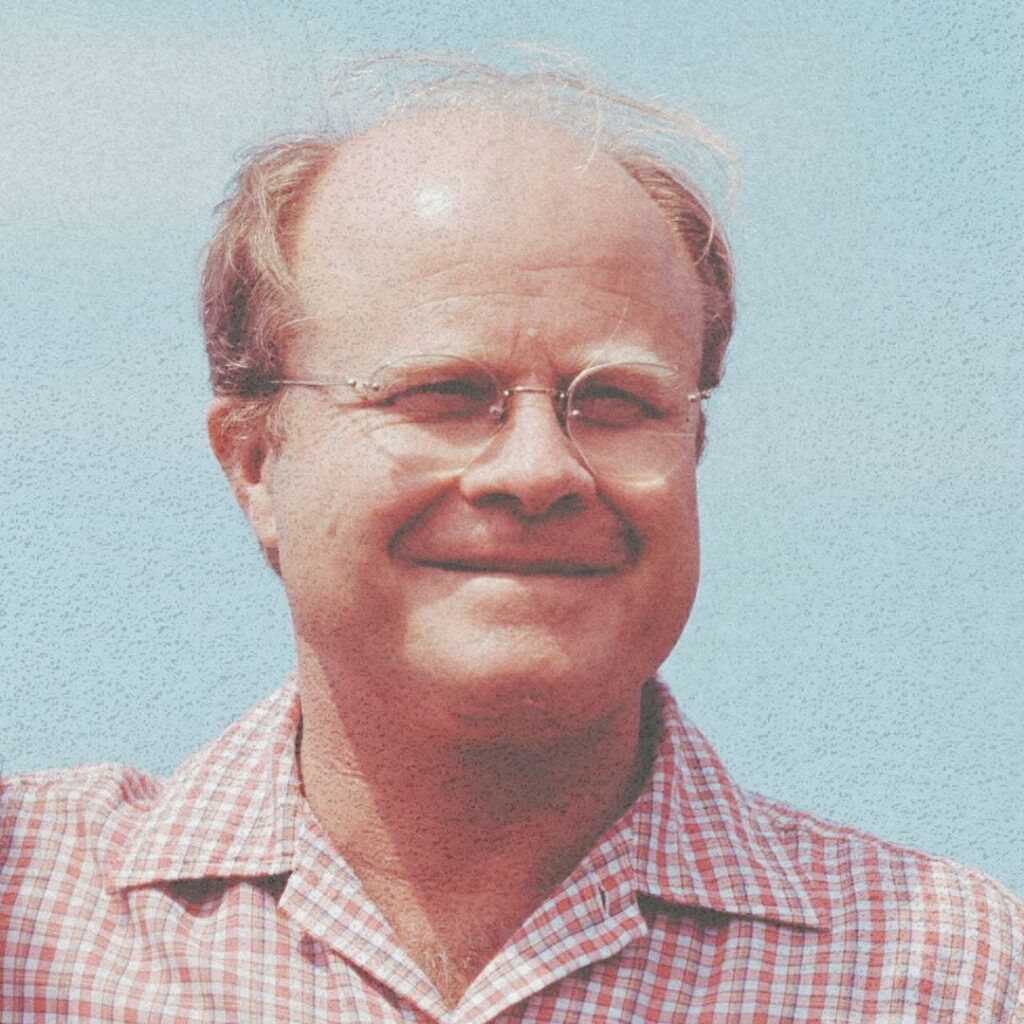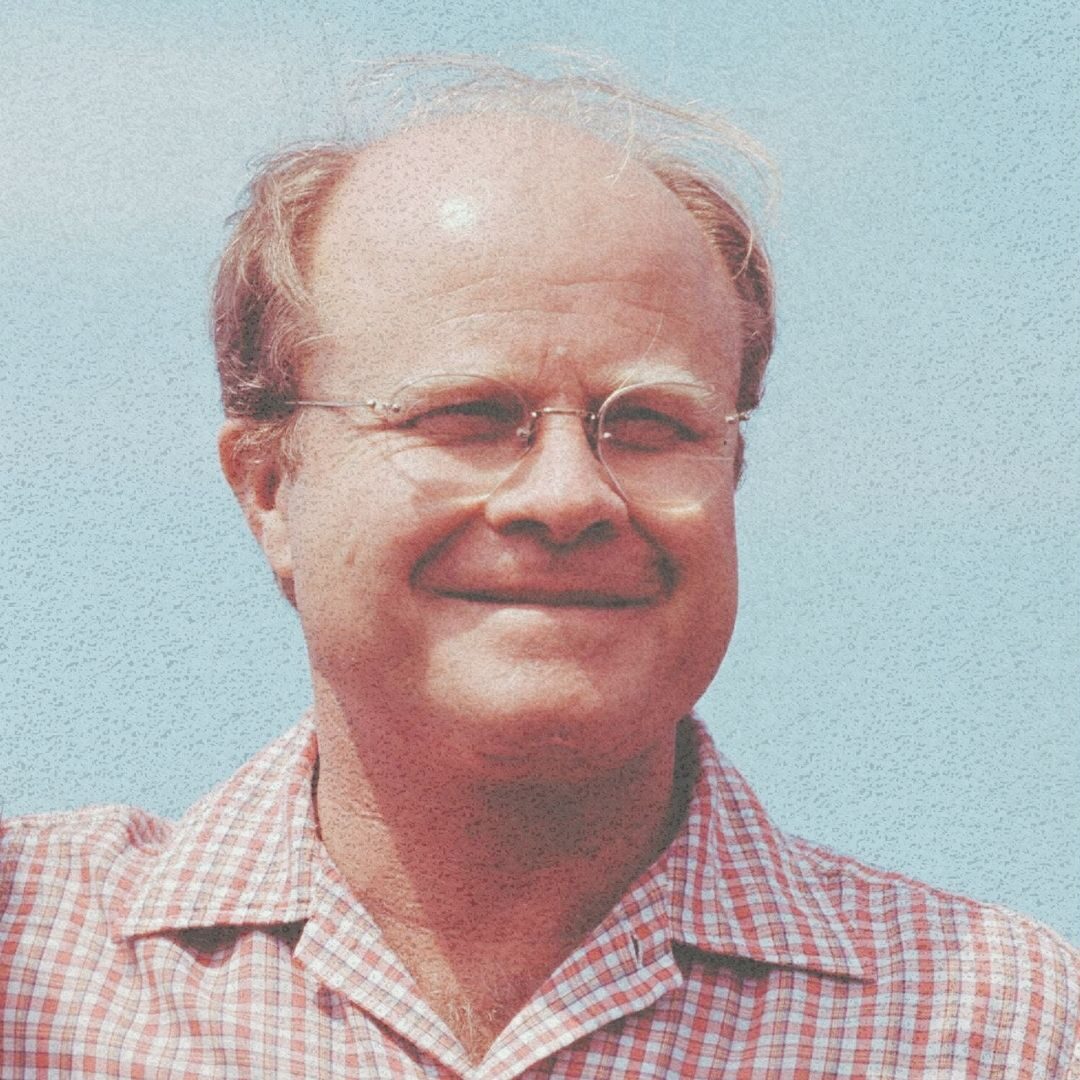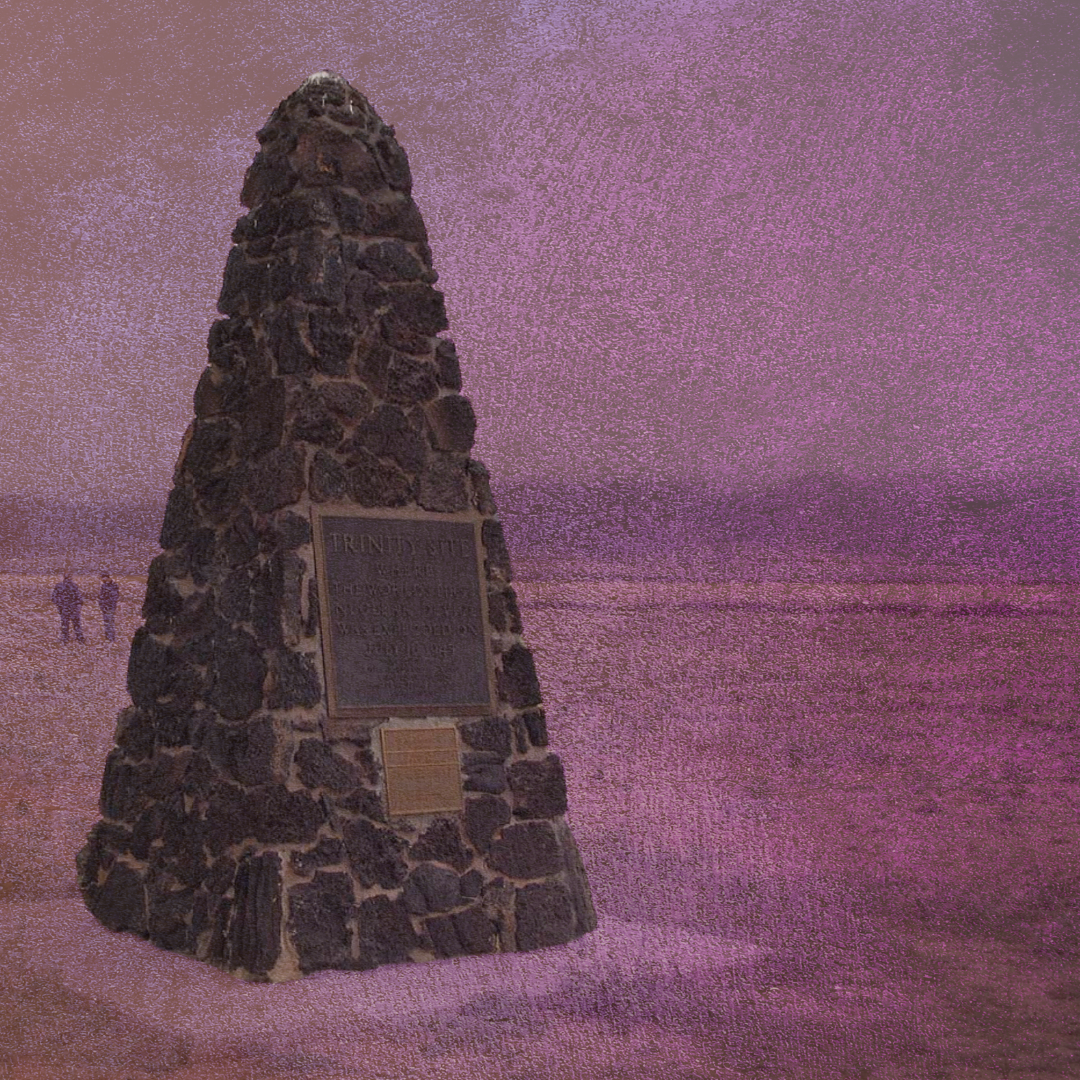Story Center
Current news and exciting stories highlighting the good, the bad, and the truth about nuclear weapons in the world.
The Big Story
Ploughshares Hosts Iconic Doomsday Clock for 2025
This honor is also a reminder of our responsibility to be a backbone for this field, supporting collaboration towards the field’s shared purpose.
Please contact Ploughshares' Communications Manager Rebecka Green at rgreen@ploughshares.org for further information on any of these stories or to pitch topics and interviews.













